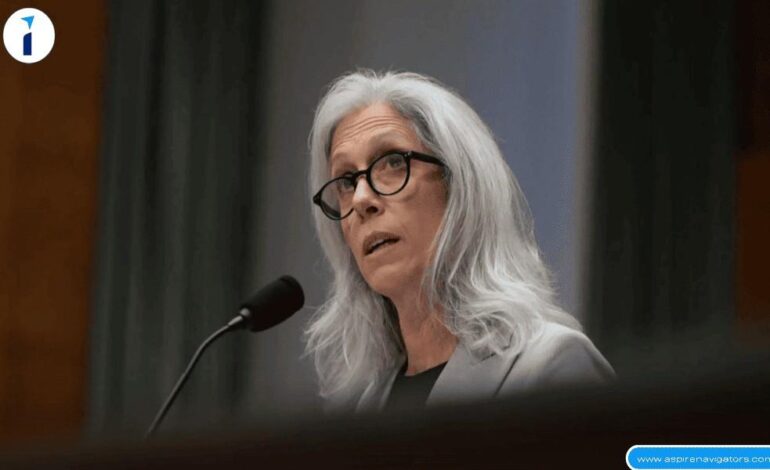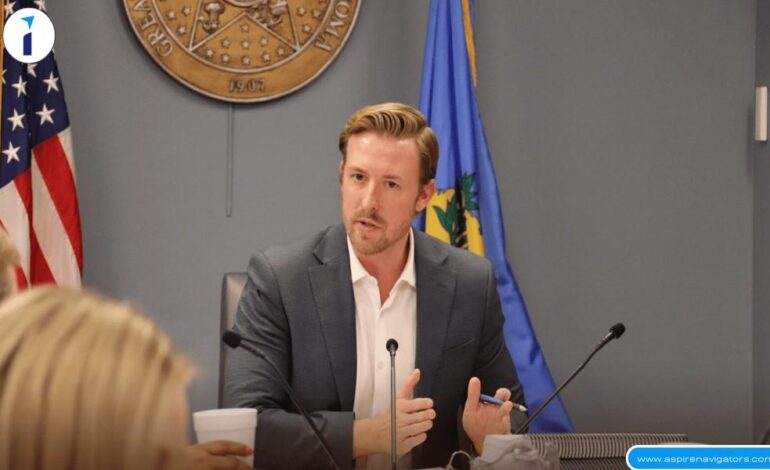Susan Monarez Says RFK Jr. Fired Her Over Evidence Clash

Former CDC Director Susan Monarez testified before the Senate Committee on Health, Education, Labor, and Pensions, claiming she was ousted by President Robert F. Kennedy Jr. because she refused to compromise scientific standards. According to her statement, the administration pressured her to align health policy with ideological preferences rather than established evidence.
Monarez explained that the move was not voluntary, but rather resulted from a clear confrontation with the President’s expectations. She highlighted her dedication to scientific integrity, pointing out that replacing data with ideology would have harmed the CDC’s credibility at a vital juncture. Her words generated an immediate controversy among lawmakers, highlighting how political agendas can impact public health leadership.
Clash Between Evidence and Ideology
During her testimony, Monarez indicated that she continuously prioritized peer-reviewed research, established processes, and data-driven conclusions in her decision-making. However, she said that the government wanted her to change public health message to fit political narratives. She said that the strain reached a breaking point, resulting to her dismissal.
Senators pushed Monarez on whether she thought this indicated a larger pattern in the administration’s treatment of health issues. She answered cautiously, stating that her example demonstrated how delicate the balance between politics and science can be when politicians fail to protect institutions such as the CDC from ideological influence.
A Divided Senate Reaction
Reaction among senators was sharply divided. Some lawmakers praised Monarez for standing firm in defense of evidence-based practices, calling her removal a dangerous precedent. Others, however, suggested that leadership transitions are common and that her departure might reflect differences in management style rather than a rejection of science.
Still, her testimony raised alarm among public health advocates, who fear that undermining scientific standards could erode trust in federal health agencies. They argue that credibility, once lost, is extremely difficult to rebuild, especially in the aftermath of a global pandemic that tested public confidence in health authorities.
Broader Implications for U.S. Health Policy
Monarez’s ousting highlights the ongoing struggle to keep politics separate from scientific decision-making. Her remarks underscored the risks of sidelining experts when health policies must respond to complex and evolving threats. Analysts warn that if similar disputes occur across other agencies, the U.S. could face long-term challenges in maintaining public health readiness.
As the Senate continues to evaluate her testimony, the case of Susan Monarez stands as a reminder of the delicate relationship between evidence and ideology in American governance. Whether her dismissal was an isolated event or part of a wider shift will likely remain a key point of contention in the months ahead.
Aspire Navigators News Update — follow now for the full story and all the insights!

























